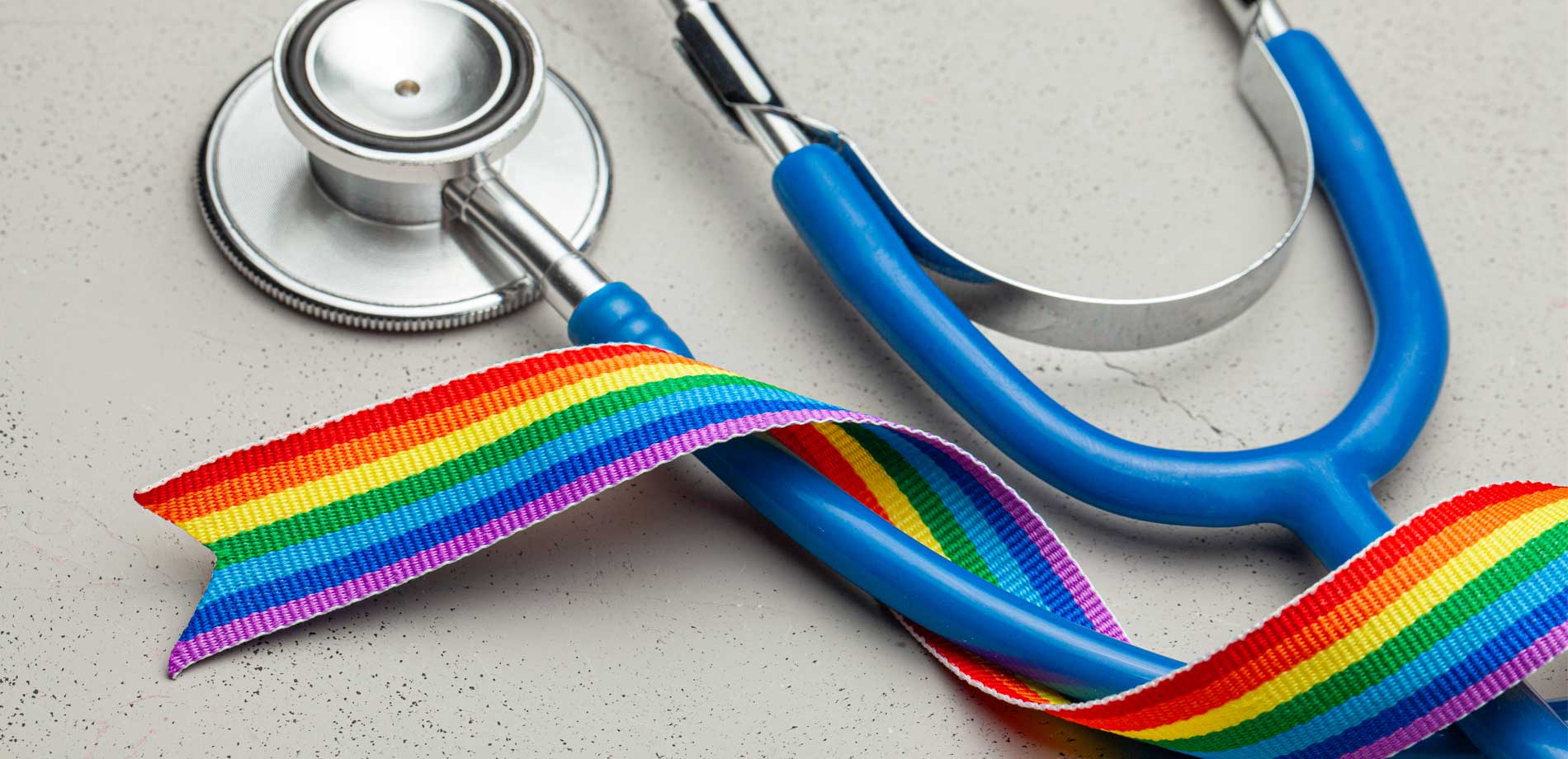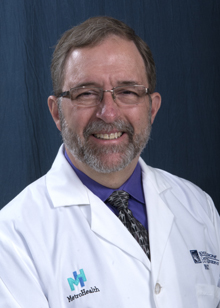Primary care is critically important to your health. Routine visits, screenings and tests can identify underlying health concerns, catching diseases early when they are often easier to treat.
How To Make Sure Your Primary Care Provider Is Working For You
Contributor: Mark McLoney, MD | Primary Care Physician | Medical Director MetroHealth Pride Network
At the center of primary care is developing a relationship with a primary care provider: someone who sees and hears you, a safe and trusted ally in your journey to better health.
Unfortunately, according to a study by KFF (formerly the Kaiser Family Foundation), members of the LGBTQ+ community are less likely to have a regular doctor or healthcare provider than non-LGBTQ+ people. More alarming, the same study explains that LGBTQ+ people were “managing chronic conditions and living with disabilities that impact daily life at higher rates than non-LGBTQ+ people.”
According to Mark McLoney, MD, a primary care physician and medical director of the MetroHealth Pride Network, this disparity could be due to the LGBTQ+ community’s “tendency not to trust healthcare workers.”
Questions about a person’s sexual history are routine in all primary care visits — for people within and outside of the queer community. Because people in the queer community may not feel safe disclosing their sexual history prior to forming a trusted relationship with a provider, it leads to delayed care. Unfortunately, not every provider is an ally.
“The queer community has been hurt by healthcare,” says Dr. McLoney. “People have been afraid to tell doctors about their sexual history, which allows them to be exposed to dangerous health issues.”
It's A Relationship
Dr. McLoney strives to create a space that’s safe, where people can be themselves. He wears “flair”—buttons and pins on his lanyard and lab coat that help people identify him as an ally to people in the LGBTQ+ community.
On your first visit, he suggests emphasizing what you need most.
“Make a list of your biggest concerns,” Dr. McLoney advises. “While we might not get to every concern in your first visit, a written list will help you if you get nervous and help us prioritize care.”
While concerns specifically related to sexuality and gender may not be primary for patients in the initial visit, Dr. McLoney says that the way a provider asks about a patient’s sexual history can tell you a lot about the type of relationship you can have with your provider.
“Watch for a doctor’s nonverbal gestures and how they respond to your history,” Dr. McLoney says. “If they’re not hearing your underlying concerns, you don’t have to go back. And, if you ever feel unsafe or unheard, you can always feel free to end an appointment on your terms.”
How to Find the Right Provider for You
Members of the LGBTQ+ community have specific health concerns to discuss with their provider — and like anyone want to have those discussions in an open, affirming and respectful patient/provider relationship.
It’s a fact that makes starting the healthcare process difficult for some.
Dr. McLoney suggests doing some research to find a provider who understands your needs. GLMA: Health Professionals Advancing LGBTQ+ Equality, is the world’s largest association of LGBTQ+ healthcare professionals, and maintains a provider directory on their website with providers who have self-selected as allies. Dr. McLoney also suggests checking with your local LGBTQ+ community center, as they often maintain a list of trusted, referred physicians. And, the MetroHealth Pride Network was Northeast Ohio’s first clinic to provide healthcare services specifically to the LGBTQ+ community —offering another starting point for locals.
The MetroHealth Pride Network
The MetroHealth Pride Network offers primary care for adults and children and gender-affirming care for adults. While people in the LGBTQ+ community have similar routine healthcare needs as cisgender or heterosexual people, providers in the MetroHealth Pride Network have specialized training and experience related to sexuality and gender.
“We provide a place where patients can speak about themselves without having to do all of the explaining or education on what it means to be a member of the LGBTQ+ community,” says Dr. McLoney.
Pride Network providers can be found in four MetroHealth locations — Brecksville, Brooklyn, Cleveland Heights, and Rocky River as well as a clinic in the LGBT Community Center of Greater Cleveland. Learn more at www.metrohealth.org/pride. To schedule an appointment, call 216-957-4905
Ask Yourself These 3 Questions
Dr. McLoney suggests, at the end of the appointment, to take a moment afterward to assess the visit. He suggests asking yourself three questions:
LGBTQ+ Pride Network
Pride Network providers can be found in four MetroHealth locations — Brecksville, Brooklyn, Cleveland Heights, and Rocky River as well as a clinic in the LGBT Community Center of Greater Cleveland. Learn more at www.metrohealth.org/pride. To schedule an appointment, call 216-957-4905.












